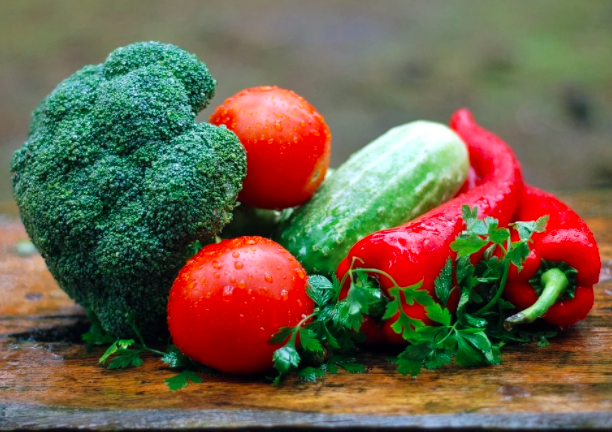Everybody knows that fruits and vegetables are the best way to add more nutrition to your diet. But have you considered how preparing your food can impact its nutritional value? When cooking vegetables, different cooking methods can reduce the nutritional value a lot, so you might not be getting all of the goodness that you think you are. The question is, how should you be cooking your vegetables? These are the best ways to prepare vegetables for maximum nutrition.
Raw Vegetables
Cooking of any kind will affect the nutritional value of your vegetables. Water-soluble vitamins like B and C, and lipid-soluble vitamins like A, D, E, and K can be lost during cooking, which is why eating raw vegetables can be great for your health. However, when eating vegetables raw, the tough outer layers can make it more difficult for your body to absorb as many nutrients, so it’s a difficult balance. Ideally, you should incorporate a mixture of raw vegetables with some cooked vegetables into your diet, making sure that you prepare them in the right way.
If you do want to benefit from raw vegetables and increase absorption levels, juicing is excellent. Using a cold-press juicer (visit goodnature.com for more information) will extract all of the nutritional value from vegetables into a delicious drink. If you want to boost your nutrition quickly, juicing is one of the best ways to prepare your vegetables.
Steaming
As a general rule, you should try to limit cooking time as much as possible. Reducing the amount of water involved helps too because it stops water-soluble vitamins from being broken down. So, steaming is a much better option than boiling, which is one of the worst ways to prepare your vegetables. However, if you are preparing a soup, for example, and you will eat the liquid too, boiling doesn’t matter as much because you will still get the vitamins. Steaming is a simple way to prepare most vegetables and it is very healthy because it preserves vitamin content and you don’t need any oil.
Roasting
Roasting vegetables is tricky because it can be good for nutrition retention but it can also be bad, depending on the vegetable. Certain vegetables like tomatoes, broccoli, onions, and spinach are still high in antioxidants after roasting. However, cooking vegetables for too long, regardless of the method,will reduce the nutritional value, so don’t roast for too long. When roasting vegetables, you can use healthy fats like olive oil, but try not to use too much oil.
Microwaving
People tend to think that microwaving is an unhealthy way to cook, but that isn’t the case, especially where vegetables are concerned. Microwaving does not require any water at all and it heats the vegetables very quickly. This means that nutrients like vitamin C that break down when heated up for too long are preserved.
There is no simple answer when cooking vegetables, but boiling should be avoided as much as possible because it will reduce the nutritional value a lot. In general, try to avoid cooking any vegetables for too long and add raw vegetables to your diet too.



